The African Grey Parrot is a highly intelligent, affectionate, and social bird, known for its remarkable ability to mimic human speech and form deep bonds with its caregivers. Perfect for experienced bird lovers, these parrots require mental stimulation, attention, and a balanced diet to thrive.
- English
- 9704134919
- support@myfirstpet.in
The African Grey Parrot is widely regarded as one of the most intelligent and remarkable bird species in the world. Known for its stunning grey feathers, bright red tail, and extraordinary ability to mimic human speech, the African Grey is often considered the “Einstein” of the parrot world. These highly social, affectionate, and intelligent birds are perfect companions for experienced bird owners who can provide them with the mental stimulation and interaction they crave. Known for their strong bond with their human caretakers, African Greys can learn an impressive range of words, phrases, and even complex concepts. Their deep, emotional connection with their owners makes them both loving and loyal pets, though they do require a lot of attention, patience, and care.
Size: African Grey Parrots are medium to large-sized birds, typically ranging from 12 to 14 inches (30-35 cm) in length.
Behavior: African Grey Parrots are highly intelligent and social, forming deep, lasting bonds with their human families. They are known for their emotional sensitivity and can pick up on their owners’ moods, often responding accordingly. These parrots require a lot of mental stimulation, as they can become bored easily and develop behavioral problems if not engaged properly. Their ability to mimic human speech is unparalleled, and many African Greys can build impressive vocabularies, with some parrots learning over 100 words or more. They can also imitate sounds, household noises, and even the tone of voice, making them one of the most communicative bird species. While they are generally calm and affectionate, they can be shy around strangers and prefer familiar environments.
Known For:
- Exceptional Intelligence: African Grey Parrots are renowned for their high cognitive abilities. They are capable of understanding context, problem-solving, and can even form basic sentences with their human companions.
- Speech Mimicry: One of their most notable traits is their ability to mimic human speech. These parrots can learn to imitate not only words but also the tone, pitch, and cadence of the voice, making them incredibly realistic talkers.
- Emotional Sensitivity: African Greys are deeply in tune with their human caregivers and can form strong emotional bonds. They may even pick up on their owners’ feelings and mirror them, displaying empathy.
- Social Bonds: They thrive on interaction and attention and are known to become attached to specific people in the household. They do best in environments where they are not left alone for extended periods.
- Longevity: African Greys have a long lifespan, often living 40-60 years or more in captivity when well cared for.
Diet: A balanced diet is essential for the health of an African Grey. They should be fed a combination of high-quality pellets, fresh fruits, vegetables, and nuts. Fruits like apples, bananas, grapes, and berries are ideal, while vegetables such as carrots, broccoli, and leafy greens like spinach and kale provide essential nutrients. They should also have access to a variety of nuts and seeds, but these should be offered in moderation. Fresh water must always be available. Avoid offering them toxic foods such as chocolate, avocado, and caffeine.
Maintenance and Training: African Greys require consistent care and attention to keep them happy and healthy. Their cages should be large, clean, and equipped with a variety of toys to prevent boredom. Because of their high intelligence, these parrots require daily mental stimulation, which can come in the form of puzzle toys, foraging opportunities, and training sessions. They thrive on human interaction and should be given plenty of time outside of their cage for socialization and exercise. Training with positive reinforcement can help establish a strong bond, teach new words, and reduce undesirable behaviors. These parrots need a routine and can become stressed in unfamiliar or chaotic environments, so it’s important to maintain a calm and predictable atmosphere.
Be the first to review “African Grey Parrot” Cancel reply
Related Products
-
Sun Cheek Conure
₹12,000.00Original price was: ₹12,000.00.₹8,000.00Current price is: ₹8,000.00. -
Black Cap Conures
₹9,000.00Original price was: ₹9,000.00.₹6,000.00Current price is: ₹6,000.00. -
Senegal Parrot
₹22,000.00Original price was: ₹22,000.00.₹18,000.00Current price is: ₹18,000.00. -
Monk Parakeet (Blue Or Green)
₹20,000.00Original price was: ₹20,000.00.₹18,000.00Current price is: ₹18,000.00. -
Blue & Gold Macaw
₹200,000.00Original price was: ₹200,000.00.₹165,000.00Current price is: ₹165,000.00. -
Orange-Winged Amazon Parrot
₹80,000.00Original price was: ₹80,000.00.₹75,000.00Current price is: ₹75,000.00. -
Hahn’s Macaw
₹60,000.00Original price was: ₹60,000.00.₹50,000.00Current price is: ₹50,000.00. -
Umbrella Cockatoo
₹200,000.00Original price was: ₹200,000.00.₹180,000.00Current price is: ₹180,000.00.
Contact Us
- 9704134919
- support@myfirstpet.in
- Visakhapatnam, Andhra Pradesh
Subscribe
Enter your email to receive our latest notifications
COPYRIGHT © 2024 MYFIRSTPET. ALL RIGHTS RESERVED.
Privacy Policy & Terms and Conditions
Shipping & Delivery Policy / Cancellation & Refund Policy

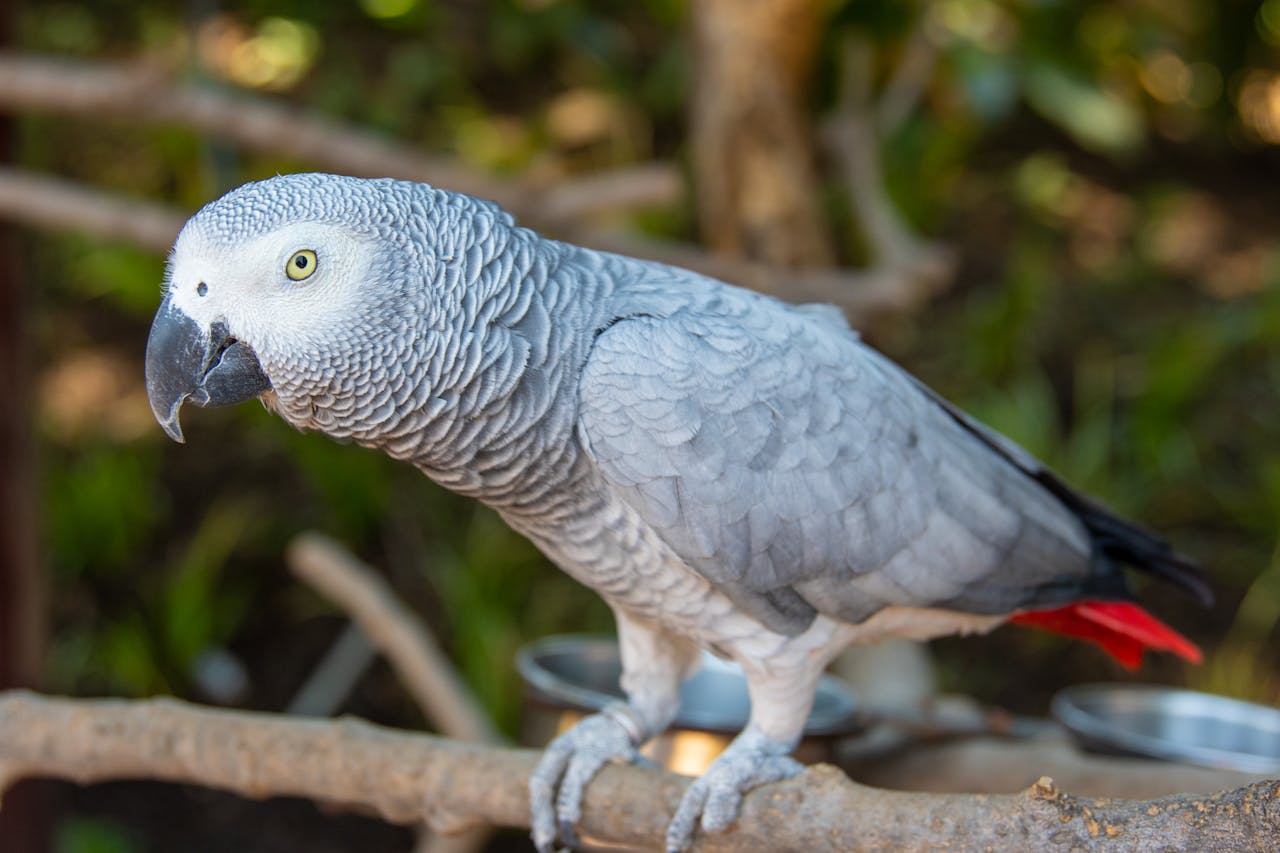
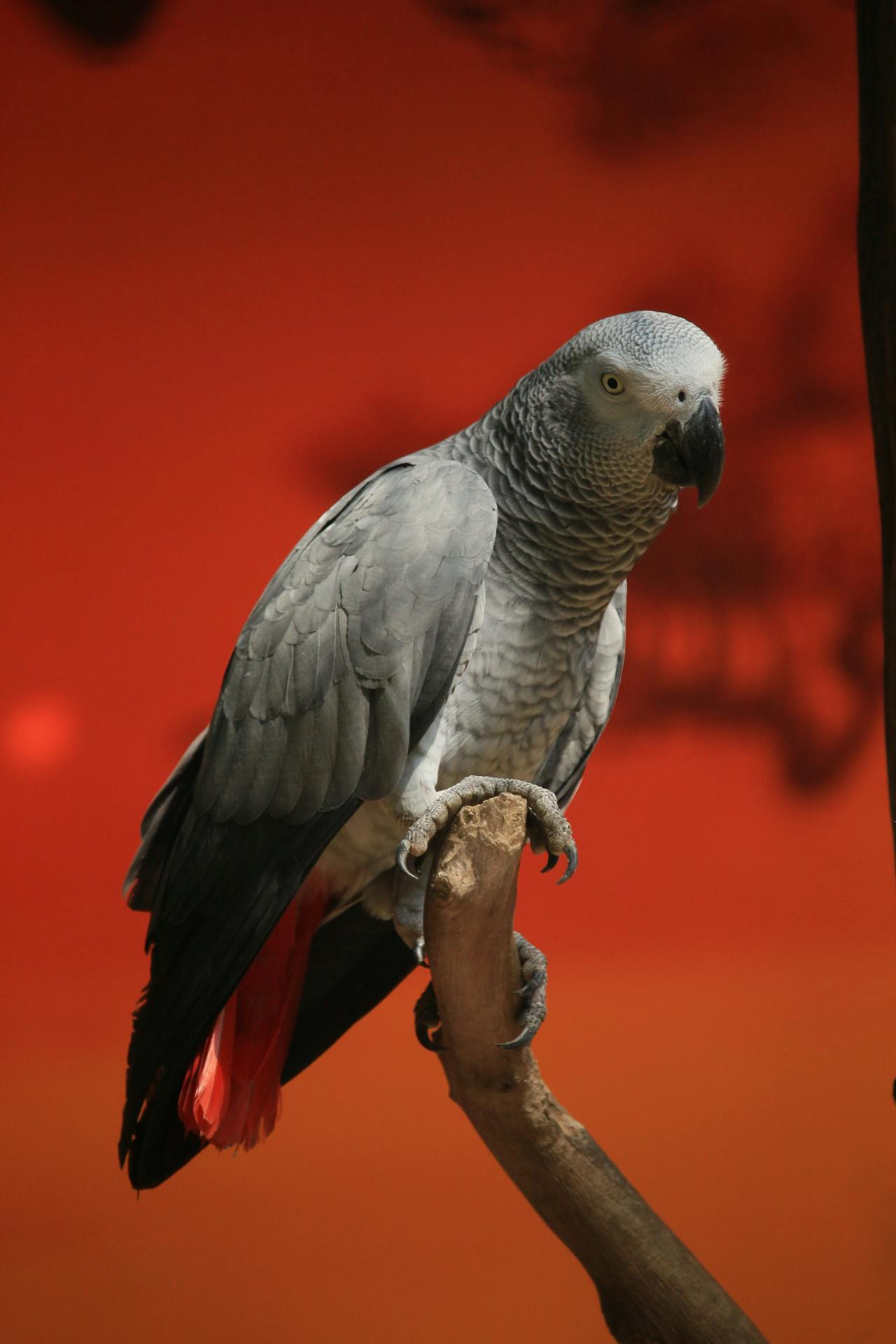
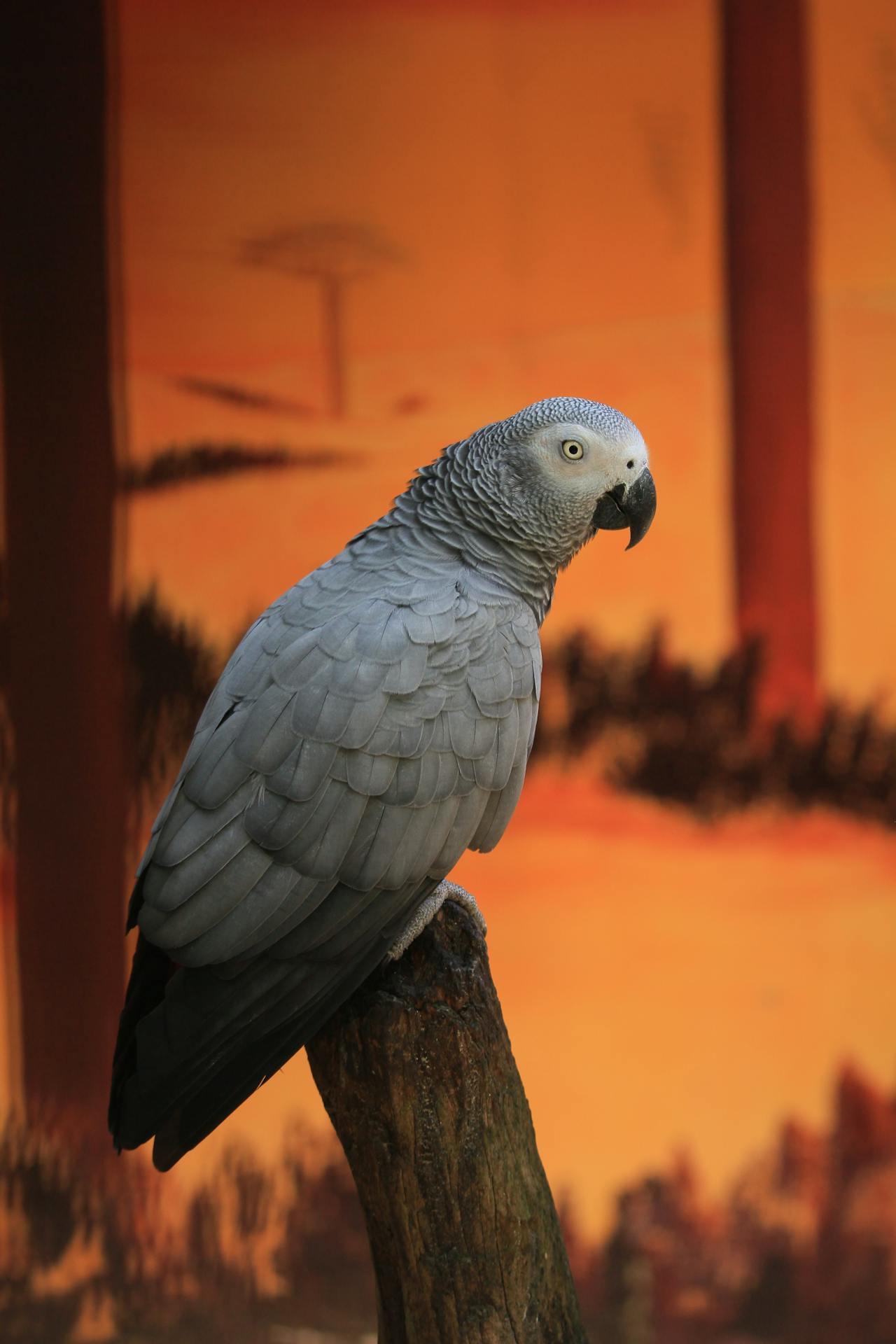

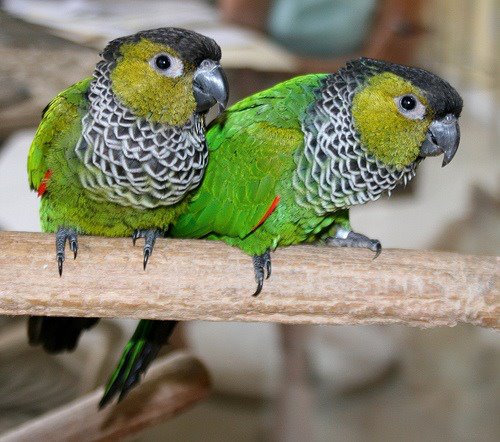
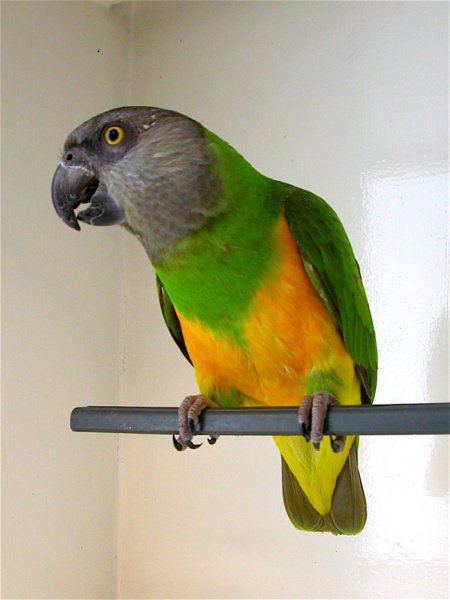
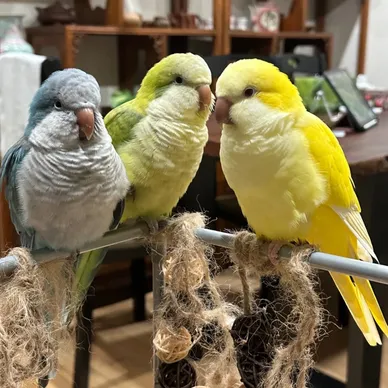
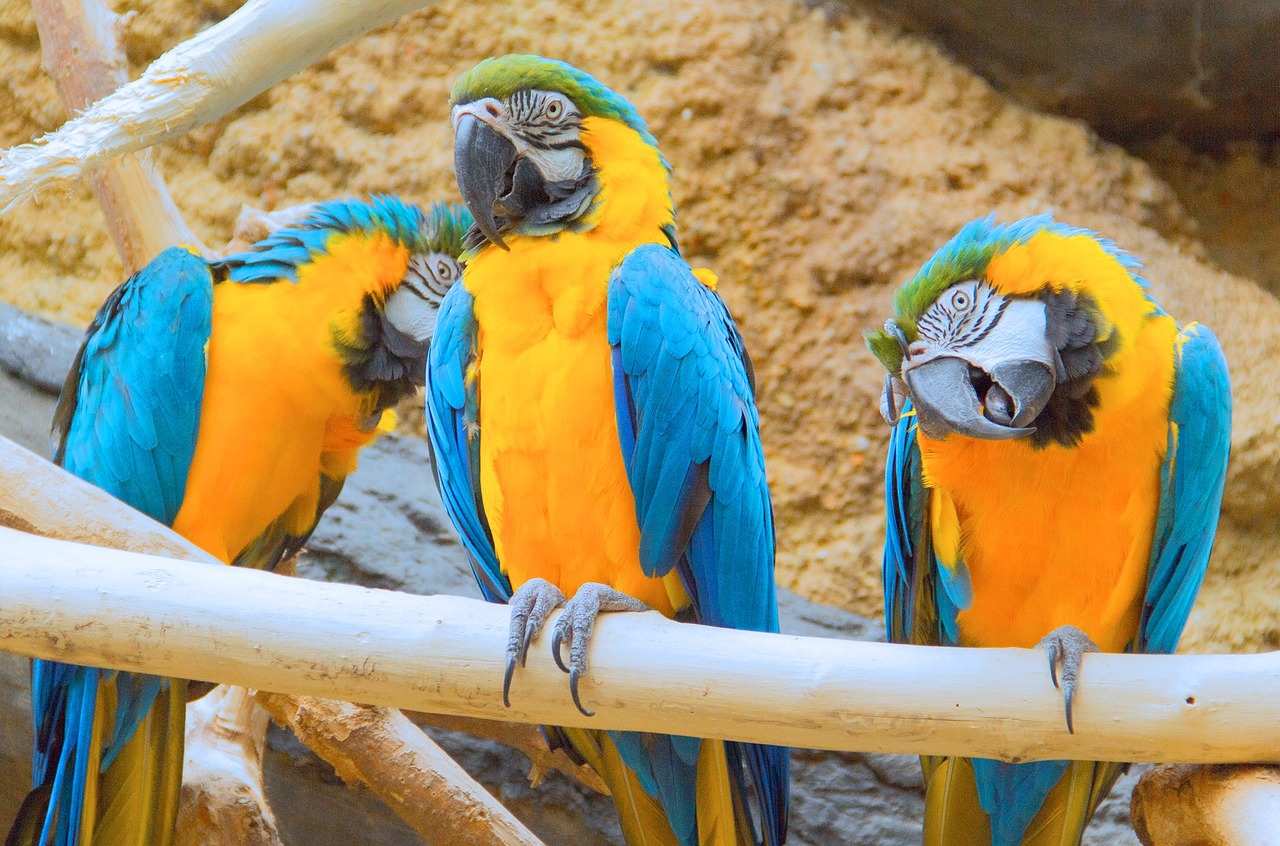
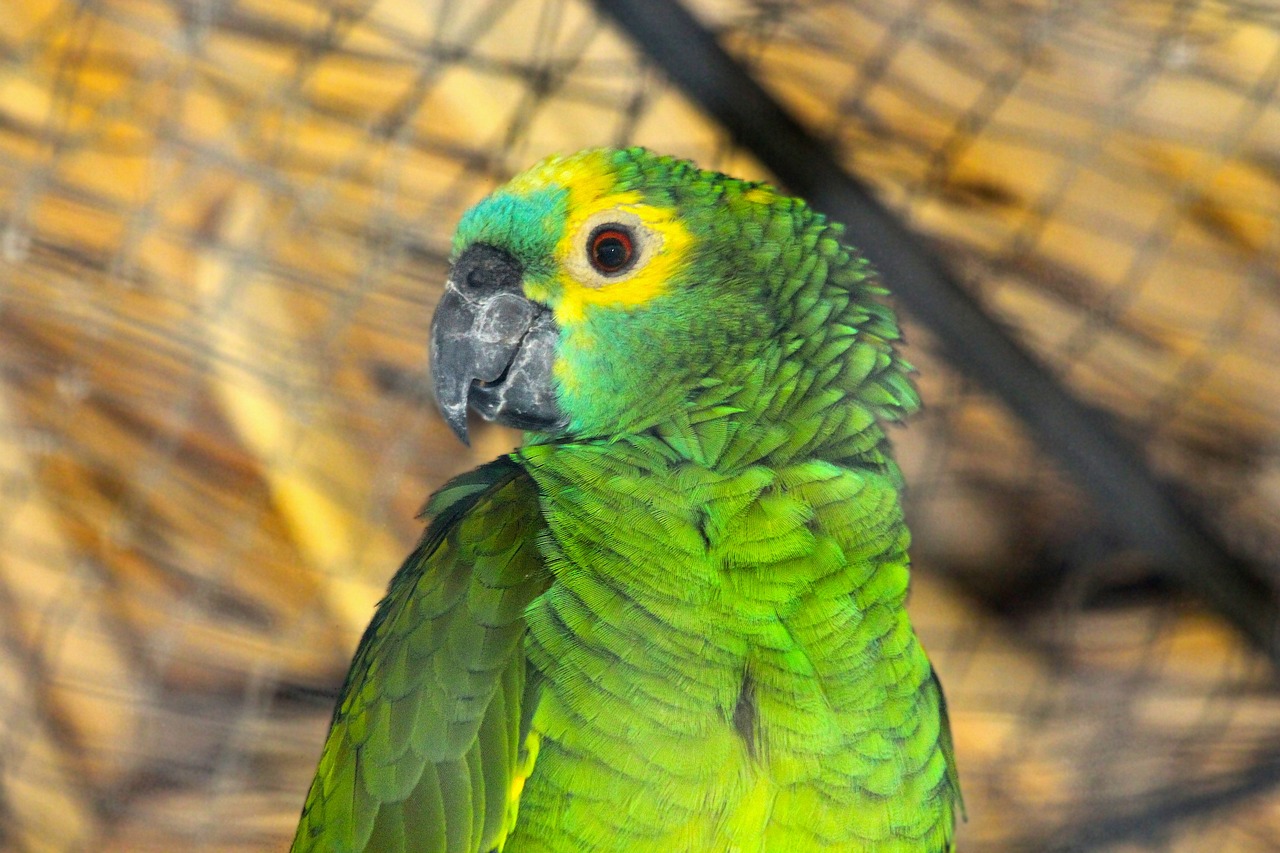
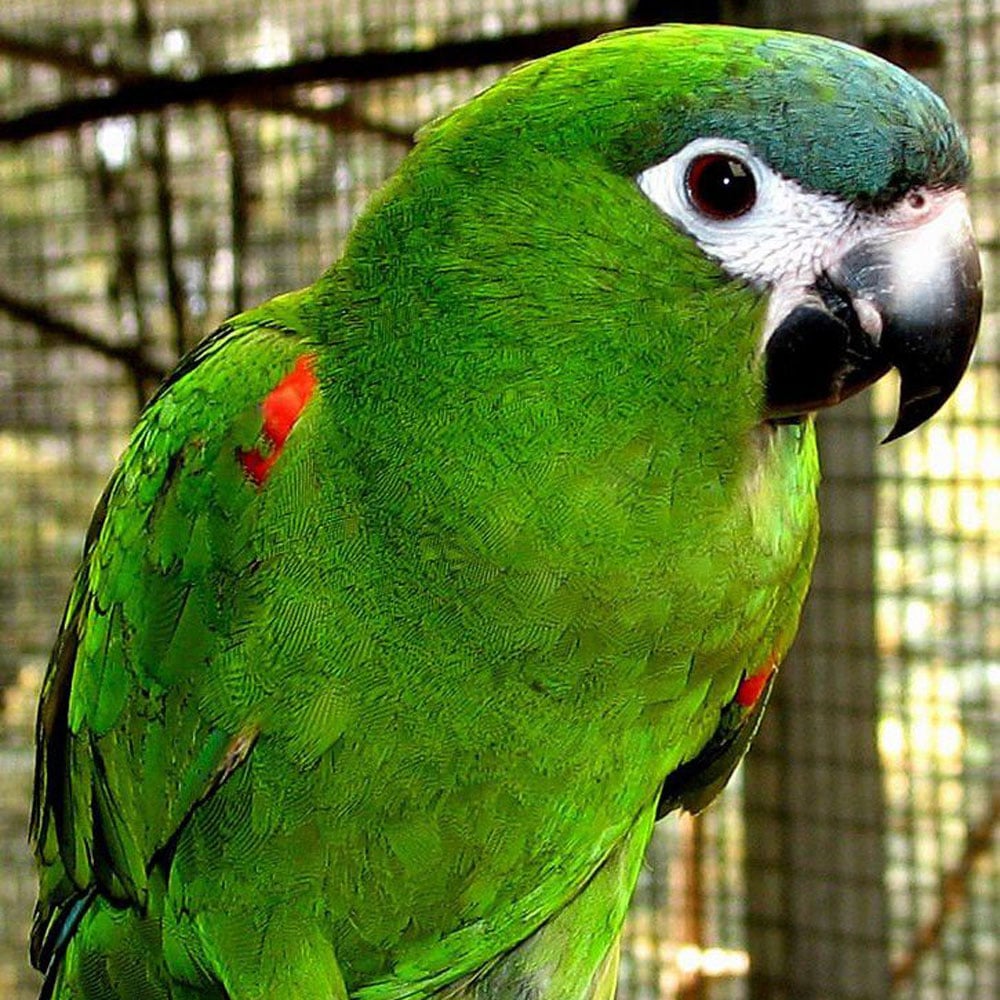
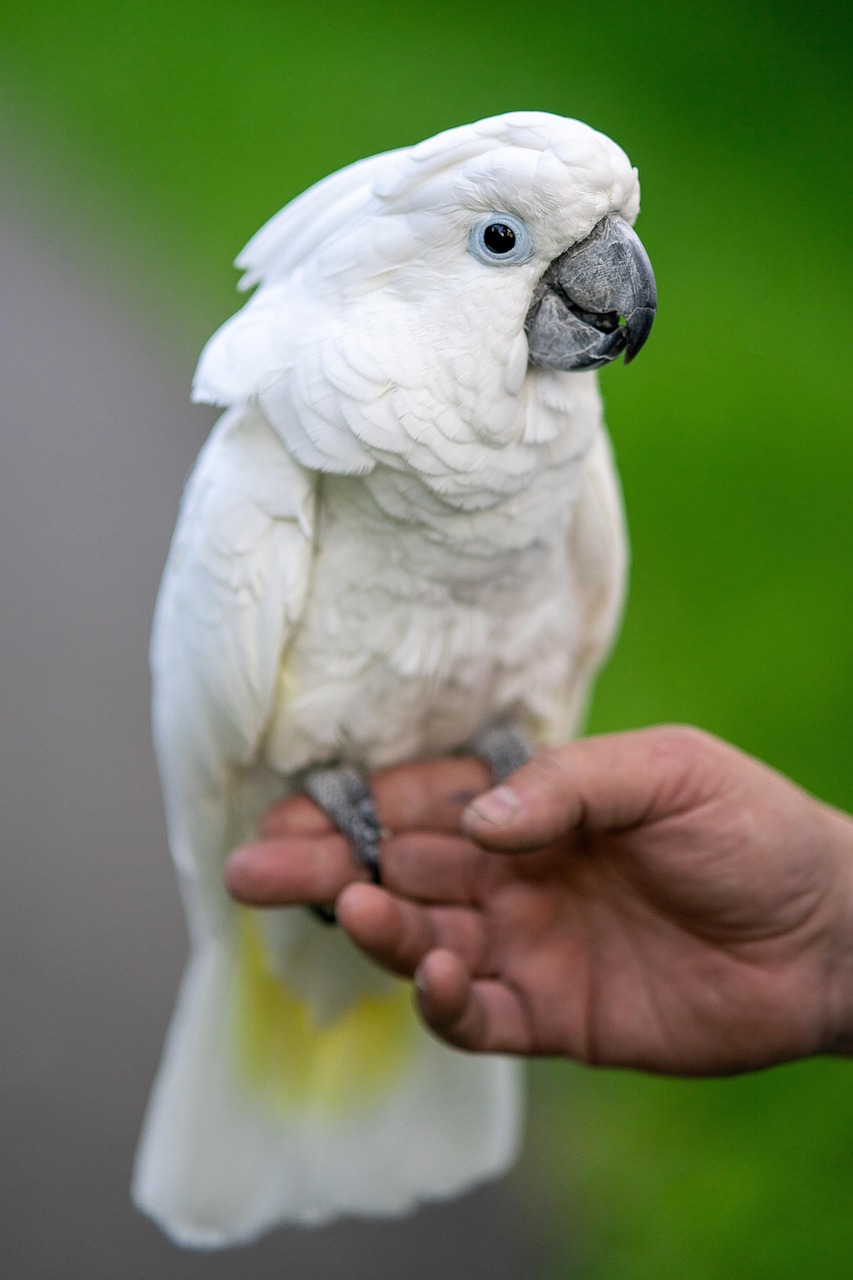

Reviews
There are no reviews yet.